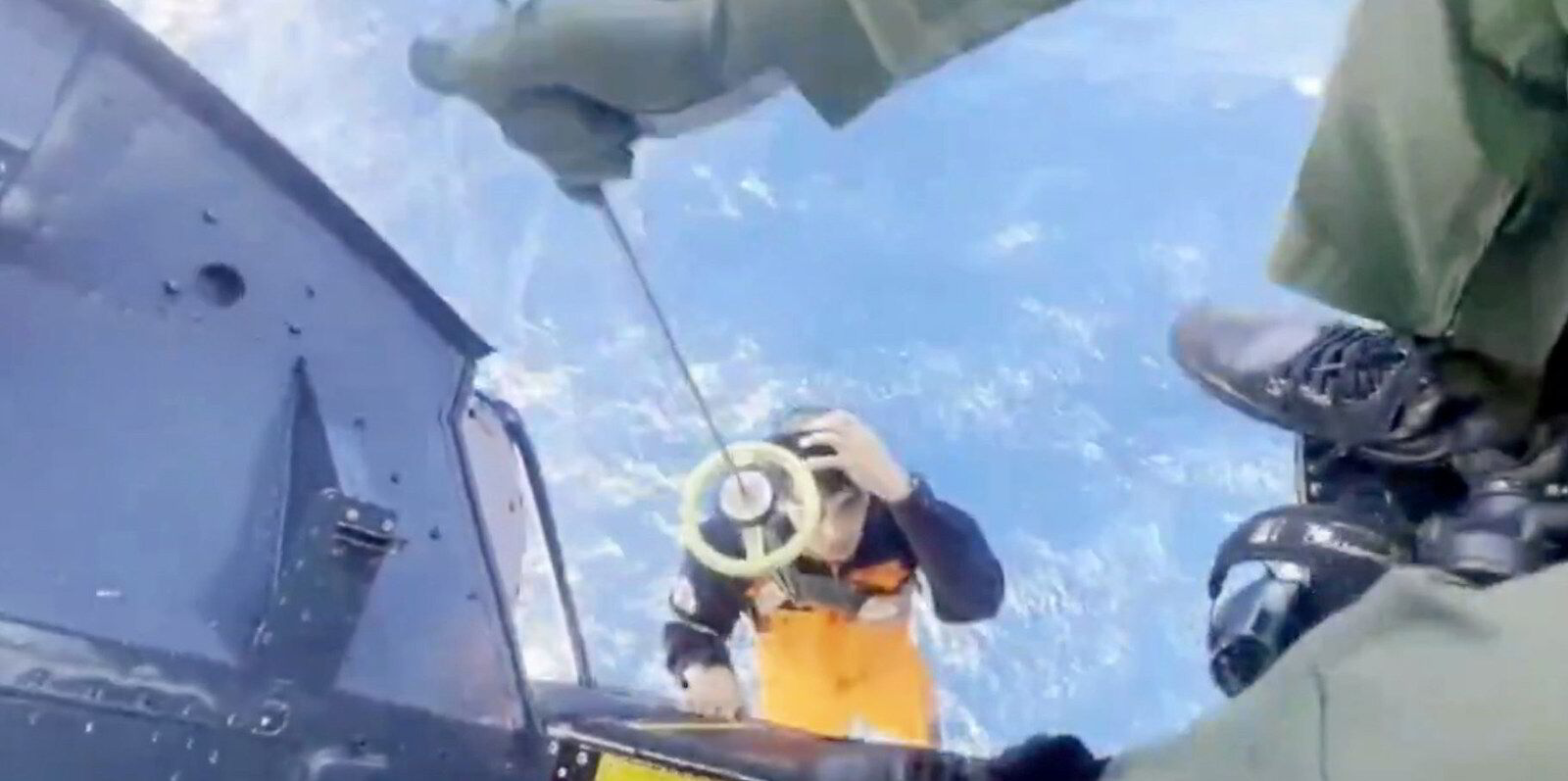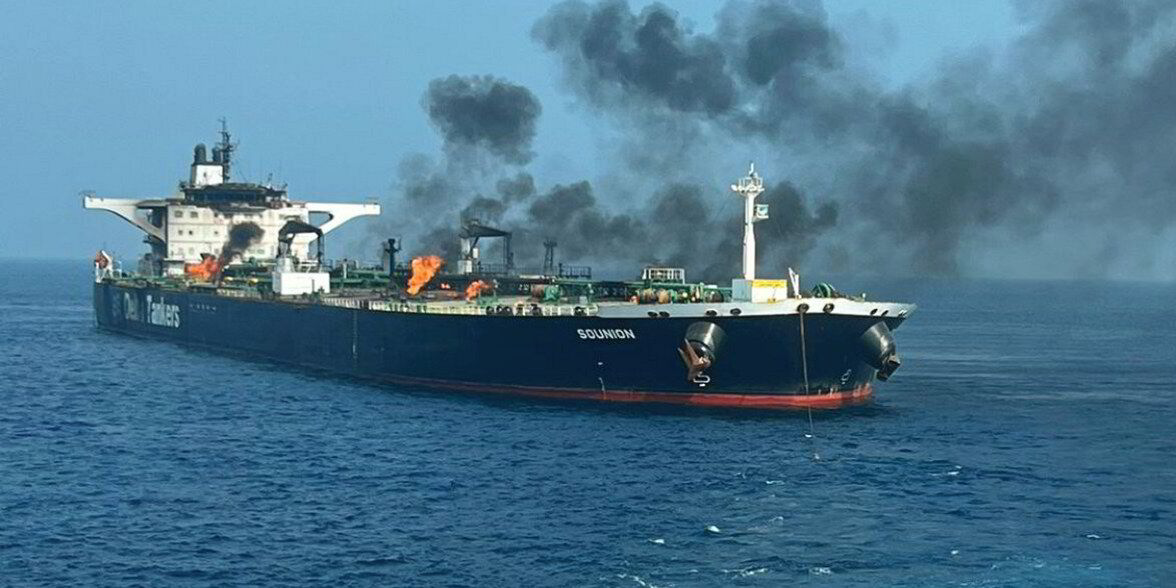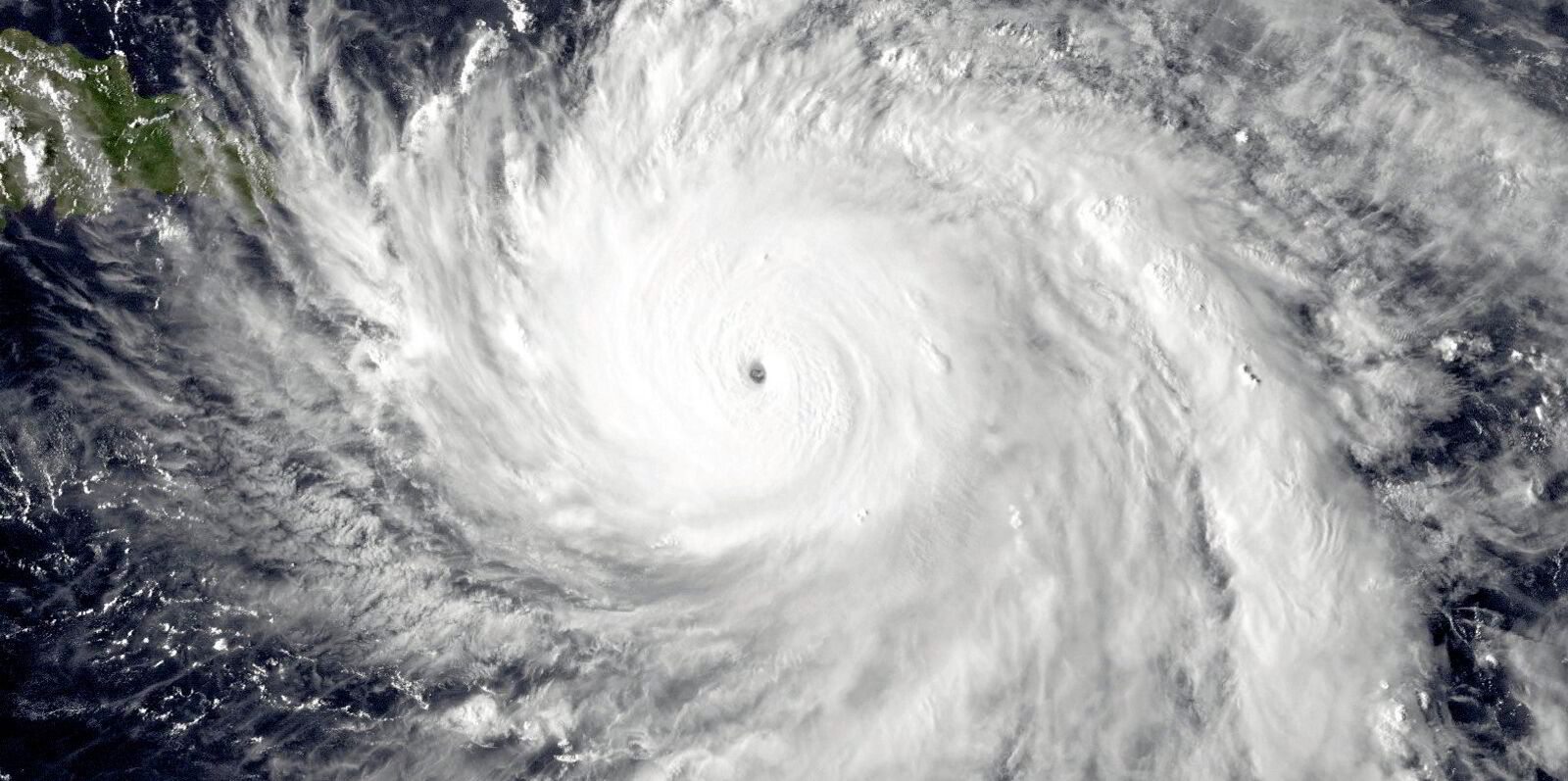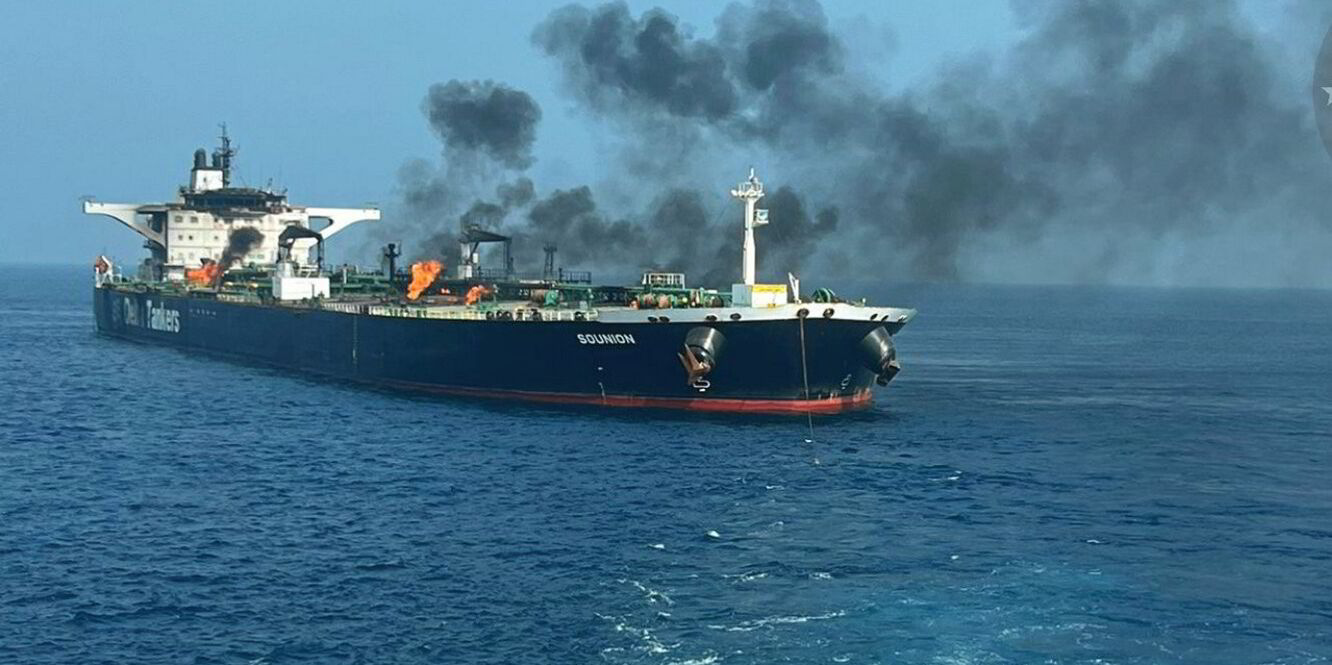Operators should scrutinise a ship’s trading history over the past three years for links to Israel before deciding to pass through the Red Sea, according to safety guidance issued by a coalition of shipping groups.
The advice has been updated to reflect the increased threat to shipping from Houthi attacks, including the use of water-based sea drones, missiles using sophisticated targeting and concerns over mines protecting Houthi ports breaking loose and drifting into shipping lanes.
Israeli bombed the Houthi-held Yemeni port of Hodeidah at the weekend as Israel expands its attacks after the killing of Hezbollah leader Sayyed Hassan Nasrallah.
The attacks on Hodeidah killed at least four people, according to the Houthi authorities. Israel said the raid was a response to Houthi missile attacks on Israel in recent days.
The new guidance says Yemen’s Iran-backed Houthi rebels have broadened their threat to vessels beyond those they believe have links with Israel, the US and the UK, to include the whole fleets of companies whose ships have called into Israeli ports in the past one or two years.
But it said information used by the Houthis was not accurate and ships had been damaged in “erroneous attacks”.
It called on operators to conduct thorough threat assessments before transiting the Red Sea, including checking the “ship’s trading history … in the last three years”.
The advice came in the month that Delta Tankers’ laden 163,800-dwt tanker Sounion (built 2006) was towed to safety under naval escort after being hit in repeated attacks by the Houthis in August.
The attacks highlighted the vulnerability of shipping in the region and the complexities of retrieving stricken vessels.
The Houthis claimed that the company’s other ships had called at Israeli ports.
New buyers should ensure that data related to their ship is updated, as the Houthis have previously attacked vessels based on outdated information, according to the guidance published by groups including shipowner associations Bimco and the International Chamber of Shipping, and tanker-focused organisations Ocimf and Intertanko.
In the first fatal attack on shipping, three crew members were killed in March on the Barbados-flagged, 50,448-dwt True Confidence (built 2011), which some databases had listed as controlled by Oaktree Capital Management of the US.

The Houthis had described it as an “American ship” but the investment giant no longer had any association with the vessel after refinancing at the time of the attack.
The Greek-based manager of the vessel also denied connections with a US entity.
A five-page summary of the industry guidance includes advice on routing considerations with ships potentially travelling within seven nautical miles (13 km) of the Yemeni coastline.
“Spacing between vessels needs careful consideration. Attacks intended for one vessel, due to poor targeting, may result in another vessel close by being hit,” the guidance said.
Turning off automatic identification systems is unlikely to prevent an attack.
Turning off a ship’s AIS makes it “marginally” more difficult for the Houthis to track a vessel, but may also hinder the ability of navies to provide support.
“It is, however, likely ships are tracked by multiple sources and turning off AIS alone will not prevent detection by the Houthis,” said the guidance.
“Limiting AIS data to the mandatory fields and omitting the next port of call could be considered.”
The guidance suggests that a ship with AIS switched off could consider altering course and speed to avoid being hit by ballistic missiles, which are aimed at a geographical location and have unreliable guidance systems.(Copyright)
Read more
- Fearnleys downgrades product tanker stocks as it stays bullish on VLCCs
- A name change, class exits, a first Red Sea cargo: Russia’s LNG shadow fleet sails on
- UK sanctions five ships in new crackdown on Russian LNG trade
- US-sanctioned LNG carrier transits Suez Canal after offloading Russian cargo
- Red Sea attacks and stink bugs among ‘hiccups’ helping car carriers hurdle rising orderbook, says broker






